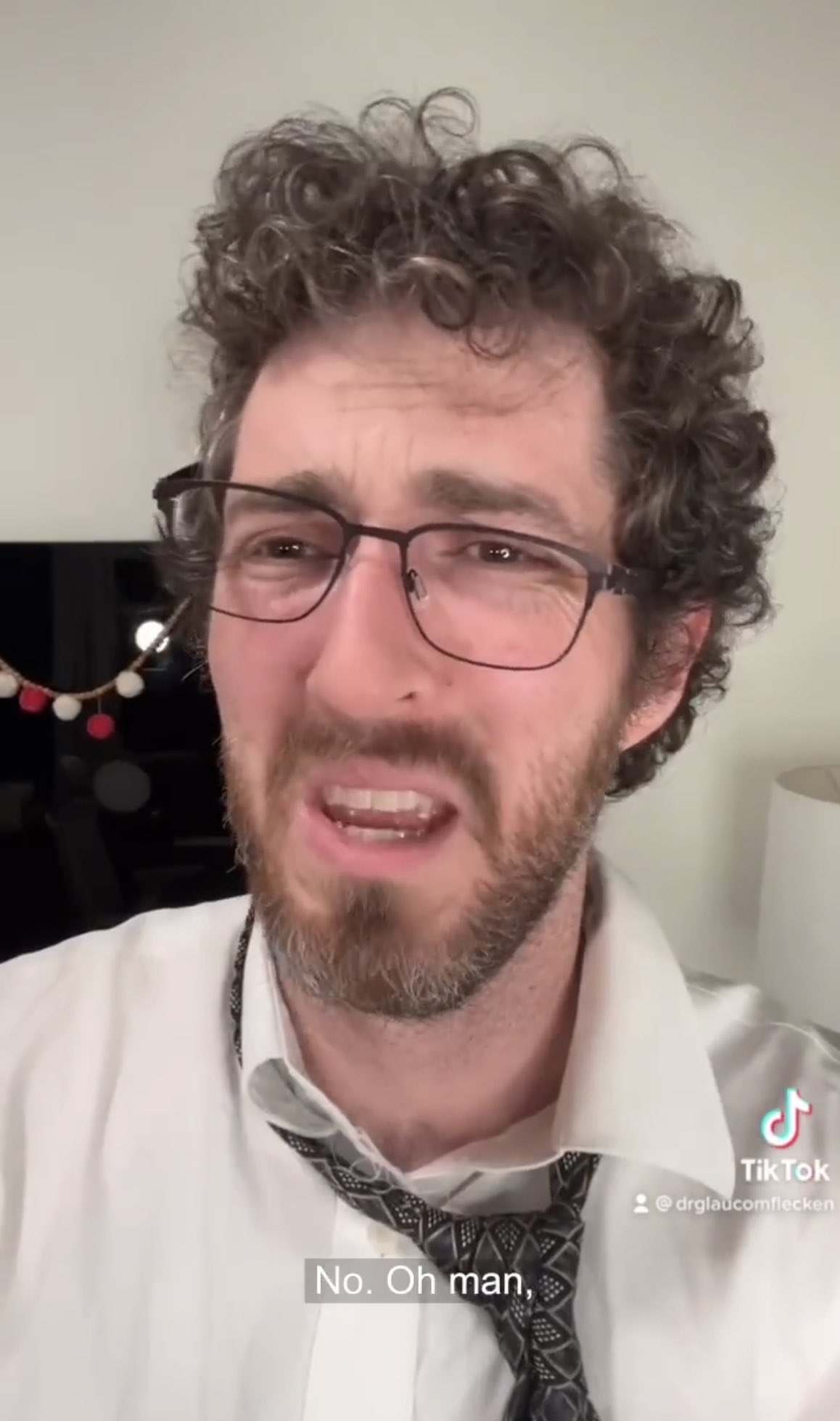Nurse RaDonda Vaught was recently convicted of two felonies for a fatal drug error that occurred in 2017. She accidentally took out the wrong medication from an electronic medication dispenser after performing a manual override. We covered the trial on Scrubs Mag, and now doctors and providers are weighing in on the repercussions of the case. Some say the verdict sets a dangerous precedent for providers everywhere.
Convicted for a Deadly Error
Defenders of Vaught say that mistakes like these can happen to anyone, especially at a time when many facilities are short staffed, and nurses feel overwhelmed.
Instead of simply losing her nursing license, Vaught was convicted of two felonies: gross neglect of an impaired adult and negligent homicide. She faces three to six years in prison for neglect and one to two years for negligent homicide.
Many healthcare providers and professionals have been watching the case closely.
Dr. Megan Ranney, the associate dean of the Brown University School of Public Health, called the verdict “chilling on so many levels.” She was working in the ER when the news of Vaught’s conviction first broke.
She wrote on Twitter that her nursing friends are concerned that they could be held criminally liable for similar mistakes. “It could have been any of [them]. Especially in the last 2 years,” she wrote.
“Negligence is not ok. That’s why [medical malpractice] exists,” Ranney tweeted. “But there’s a huge gap between malpractice, and HOMICIDE charges. This sets a bad & scary precedent.”
Ranney also pointed out that holding one person accountable for these kinds of errors isn’t the solution. She said it would be better to change the system that allowed these errors to slip through the cracks in the first place.
“A culture of safety is one in which the SYSTEM that allowed a mistake to happen, is changed.
Not one in which the INDIVIDUAL is scapegoated.
(A culture of safety correlates with better pt outcomes. This verdict is the opposite.)”
Vaught’s patient died after she mistakenly gave him vecuronium, a powerful paralyzer, instead of the prescribed sedative, Versed. She entered “V.E.” into the electronic medication cabinet and had to override the system when the machine didn’t produce the drug she was looking for.
“The error that led to this tragic death was real. But a version of this skipped-safety-step happens every day across the country,” Ranney wrote.
Dr. Jeremy Faust, an emergency physician at Brigham and Women’s Hospital, said that these errors tend to occur when two drugs have the same first two letters. “Similar alphabetical errors probably occur all the time,” he said.
In a recent blog post, Faust wrote that he accidentally gave a patient Rocuronium, a paralytic, as opposed to Rocephin, an antibiotic, early on in his career and that Vaught’s conviction hit close to home. In that case the error was caught quickly, and the patient suffered no consequences.
Faust wrote that adding more alarms and safety protocols isn’t the answer, considering nurses often hear hundreds of alarms throughout the day and may need to administer medication quickly. He thinks better labeling is the best way to solve the problem.
The American Nurses Association issued a statement in response to Vaught’s conviction and expressed concern that the ruling could put additional pressure on nurses while dissuading people from joining the field amid a national nursing shortage.
“We are deeply distressed by this verdict and the harmful ramifications of criminalizing the honest reporting of mistakes,” reads the statement. “Health care delivery is highly complex. It is inevitable that mistakes will happen, and systems will fail. It is completely unrealistic to think otherwise. The criminalization of medical errors is unnerving, and this verdict sets into motion a dangerous precedent.”
The organization doesn’t believe providers like Vaught should face criminal charges.
“There are more effective and just mechanisms to examine errors, establish system improvements and take corrective action. The non-intentional acts of Individual nurses like RaDonda Vaught should not be criminalized to ensure patient safety,” the statement continues.
Ranney agreed with the ANA on Twitter when she wrote that many providers are “constantly” working at the edges of their capacity.
“Most of all: healthcare workers are already hurting. Esp in light of the last 2 years…this verdict will doubtless send more folks out of bedside care,” she wrote.
The ANA echoed what many nurses were thinking last week when the news of Vaught’s conviction came down.
“Like many nurses who have been monitoring this case closely, we were hopeful for a different outcome. It is a sad day for all of those who are involved, and the families impacted by this tragedy,” they added.
“The nursing profession is already extremely short-staffed, strained and facing immense pressure – an unfortunate multi-year trend that was further exacerbated by the effects of the pandemic. This ruling will have a long-lasting negative impact on the profession.”




